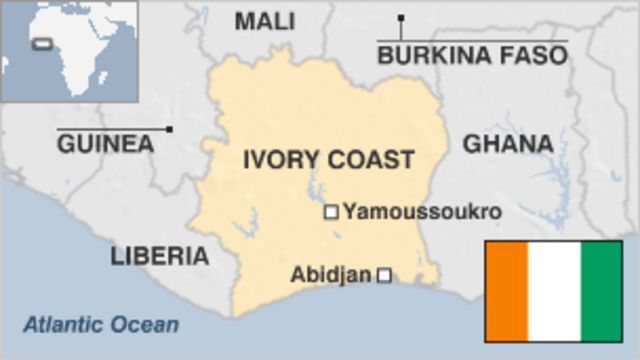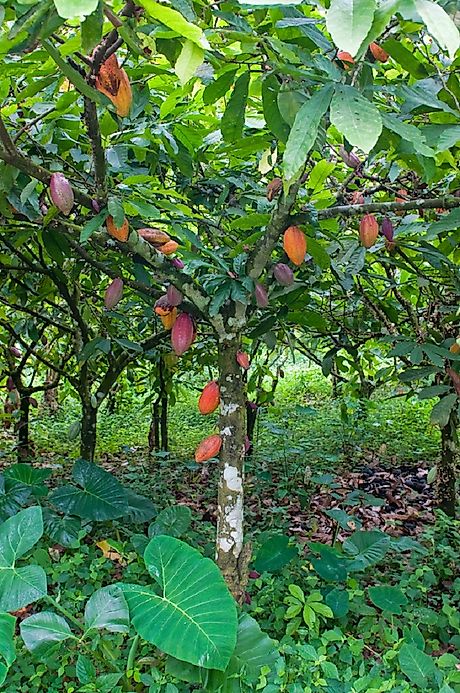
The Rally of the Republicans (RDR) candidate, Ouattara, had been blocked from standing in the election, infuriating northern Muslims and sparking unrest.Ī new government, in which Ouattara's RDR was given four ministerial posts, was set up in 2002. When Gueï tried to manipulate the result, he was driven into exile (where he died), leaving Gbagbo as the winner. Presidential elections were held in October 2000 the principal contenders were Gueï and Laurent Gbagbo, standing for the Ivorian Popular Front, whose main constituency is among Christians in the south. An ex-minister loosely allied to Ouatarra, Gueï established a new military regime. Nevertheless, a military coup in December 1999, organised by General Robert Gueï, was unexpected. However, problems began with serious industrial unrest and the highly unpopular military intervention in the Liberian civil war. Victory at the 1995 presidential poll, and for the PDCI at the parliamentary elections, pointed to a seamless succession. He died in December 1993 and was replaced by Henri Konan Bédié.


Côte d'Ivoire was incorporated into French West Africa until it was granted independence in 1960.Īt independence, Félix Houphouët-Boigny became president, an eccentric and effective politician who dominated political life for the next 33 years through the Democratic Party of Côte d'Ivoire (PDCI).

Malinke merchants brought Islam to the region.Įuropean traders had been present since the 15th century, but it was not until the 19th that the French undertook a determined penetration of the region. Ivory Coast History, Language and Culture History of Ivory Coastĭuring Medieval times, the region that is now Côte d'Ivoire was at the centre of several major African trade routes, linking empires in Ghana and Mali.


 0 kommentar(er)
0 kommentar(er)
